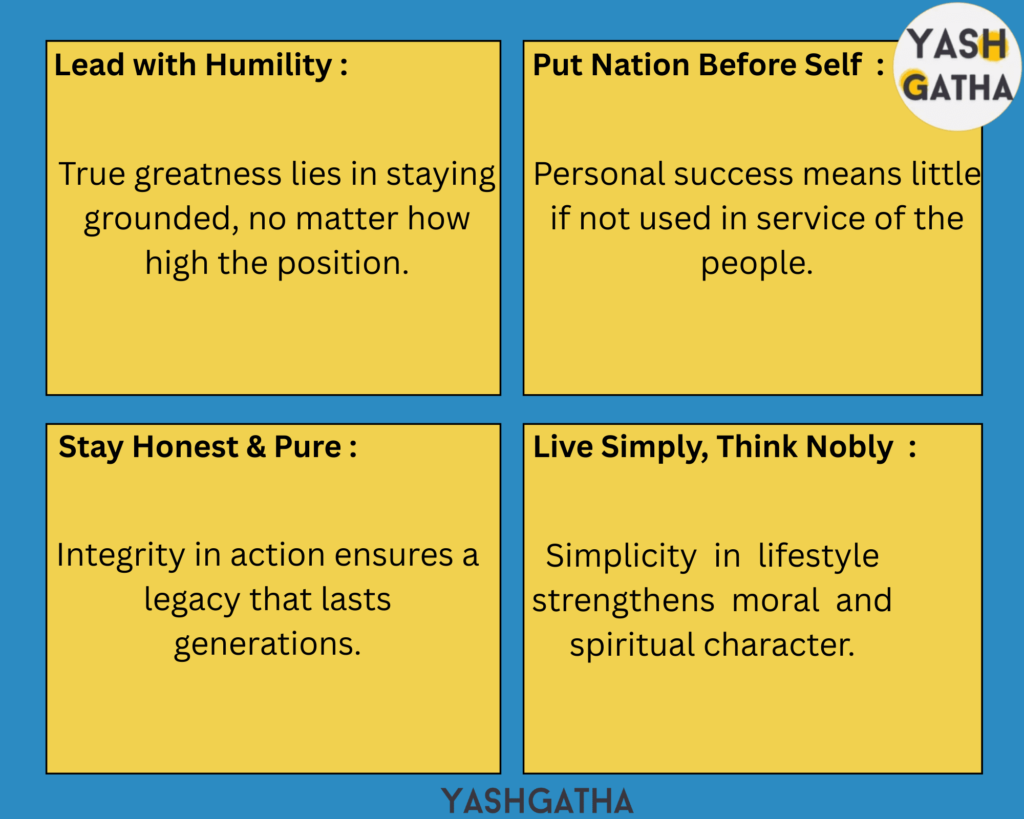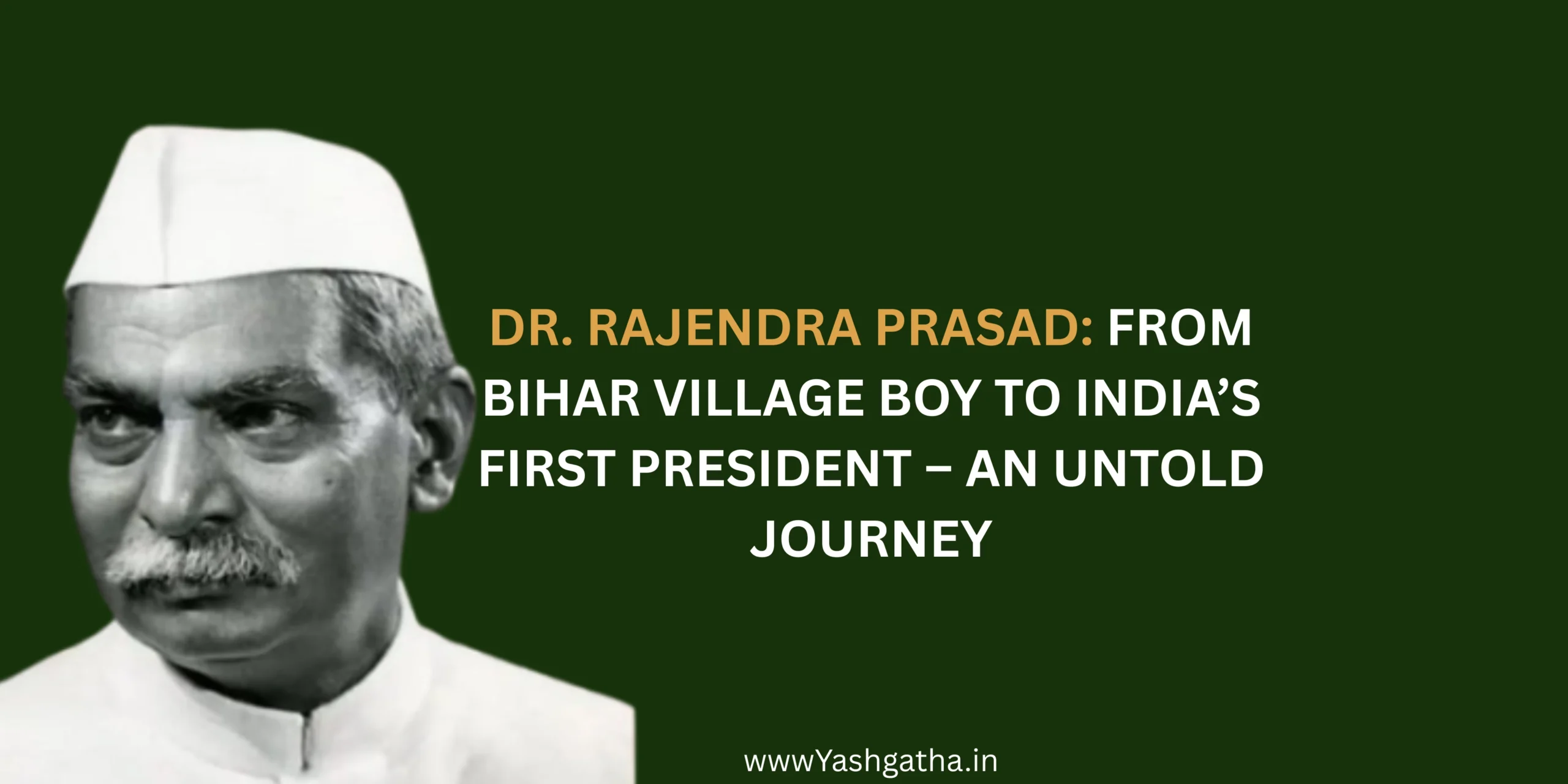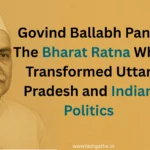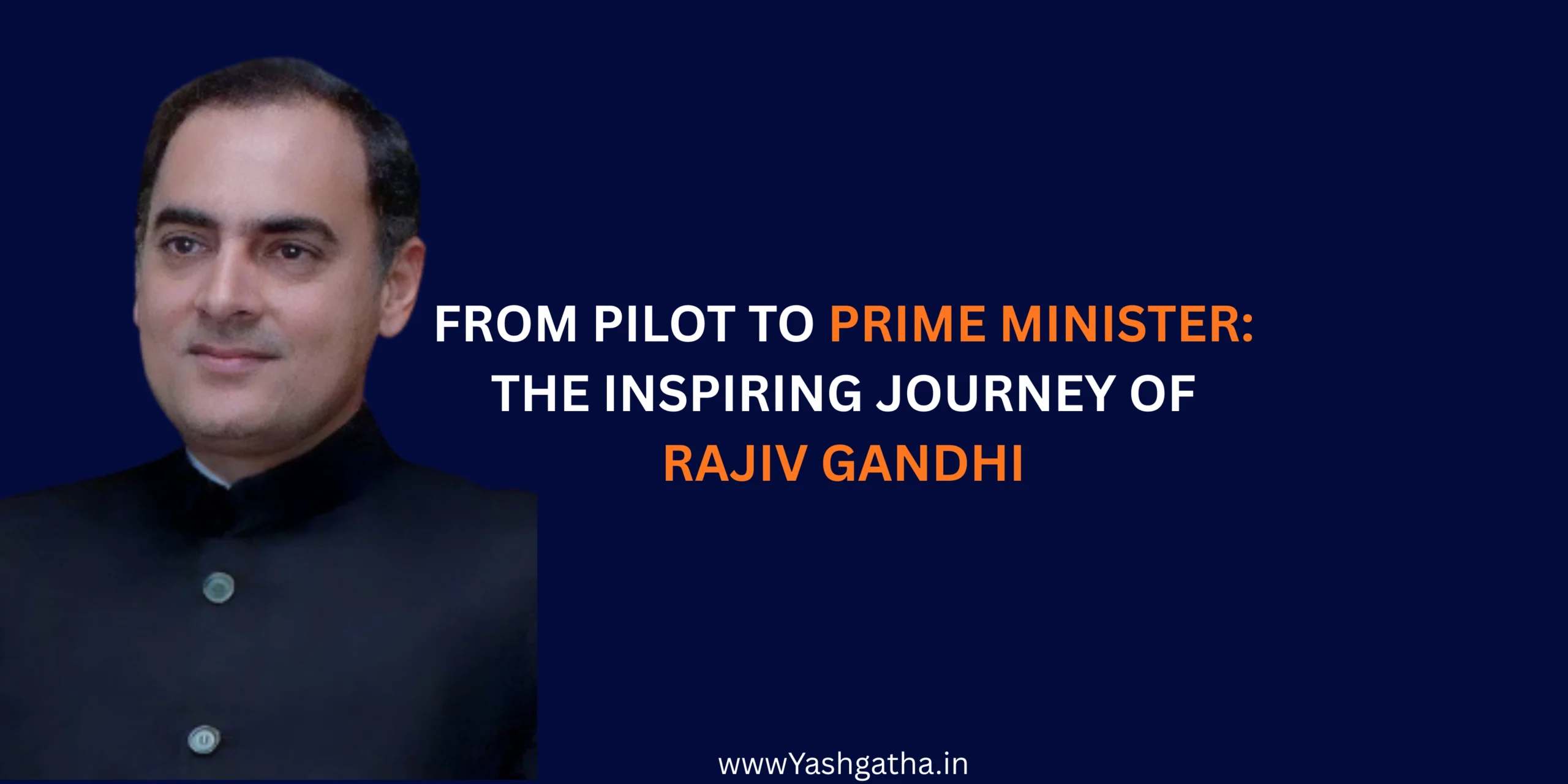Dr. Rajendra Prasad, born in Ziradei, Bihar, was awarded the Bharat Ratna in 1962 for his immense contributions to politics, education, and India’s freedom struggle, and is best remembered for his guiding words – “In attaining our ideals, our means should be as pure as the end itself.”

Dr. Rajendra Prasad, India’s first President and a true son of the soil, rose from a small village in Bihar to the highest office of the nation. Known for his humility, wisdom, and dedication to the freedom struggle, he gave up a flourishing legal career to serve the country alongside Mahatma Gandhi. Awarded the Bharat Ratna in 1962, his life remains an inspiring tale of sacrifice, simplicity, and statesmanship that continues to guide India even today.
Early Life & Challenges :
Dr. Rajendra Prasad was born on December 3, 1884, in a modest Kayastha family in Ziradei village, Siwan district, Bihar. His father, Mahadev Sahai, was a scholar of Sanskrit and Persian, while his mother, Kamleshwari Devi, was a deeply religious woman who nurtured him with values of simplicity and devotion.
From an early age, young Rajendra displayed exceptional brilliance in studies. At just 12, he secured admission to the Presidency College in Calcutta, where he stood first in many examinations. Despite his extraordinary academic success, life was not without struggles.
- He lost his mother at a young age, which left a deep emotional void.
- As the youngest in a large family, he had to balance education with household responsibilities.
- Financial constraints were a constant challenge, yet his determination and discipline pushed him forward.
Later, while practicing law at the Calcutta High Court, he enjoyed a flourishing career. However, the call of the freedom movement changed his life. Inspired by Mahatma Gandhi, he gave up material comforts and a prestigious profession to dedicate himself fully to the service of the nation. His journey from a small village boy to one of the most respected leaders of India reflects how perseverance and sacrifice can overcome even the toughest challenges.
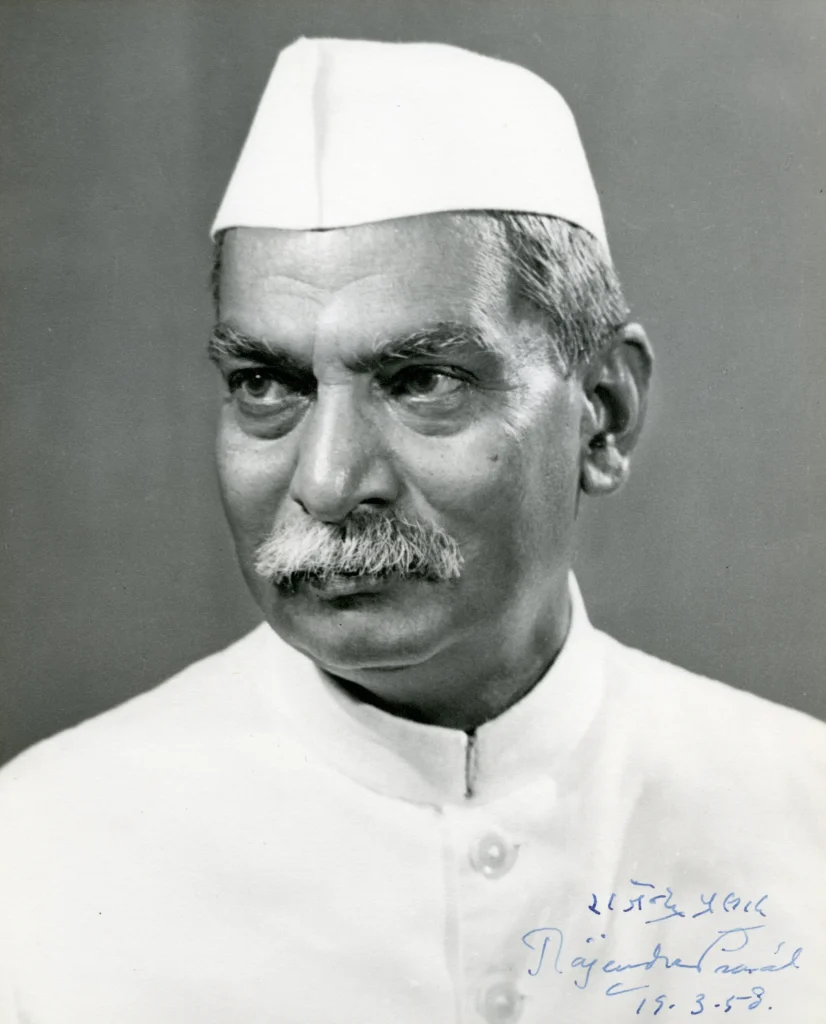
credit:wikipedia
The Turning Point :
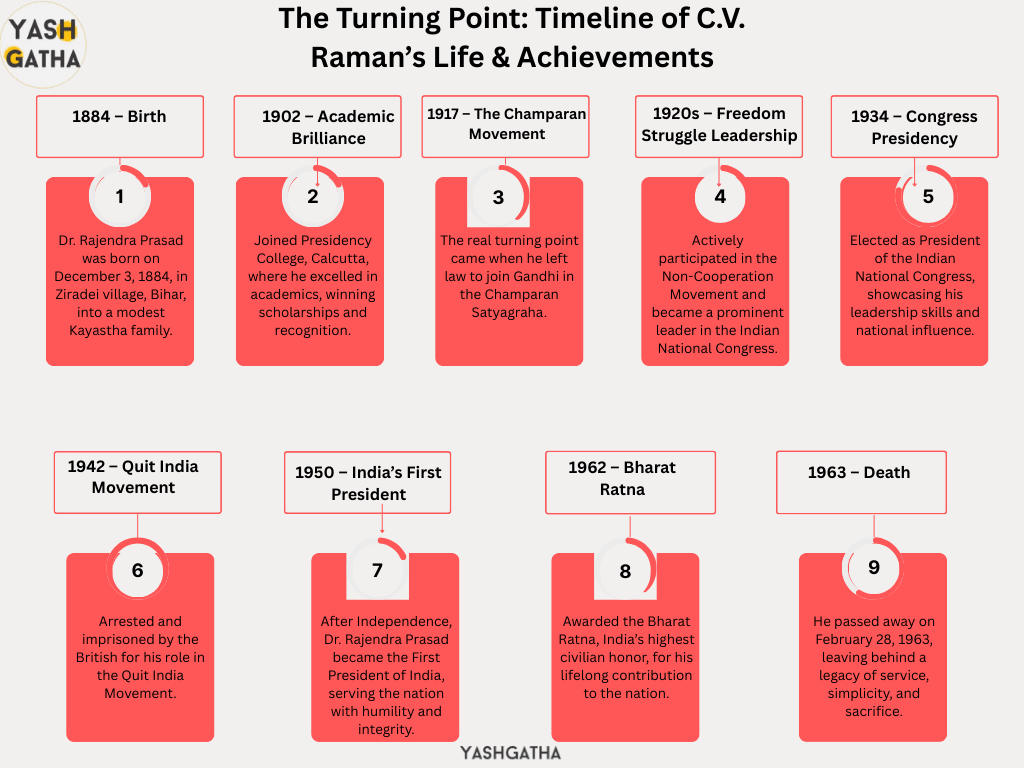
The Recognition & Award :
Dr. Rajendra Prasad’s contribution to India’s freedom struggle, his leadership in the Constituent Assembly, and his role as the First President of Independent India earned him immense respect across the nation. In 1962, after completing 12 years as President—still the longest tenure in Indian history—he was honored with the Bharat Ratna, India’s highest civilian award. This recognition was not just for his political achievements but also for his humility, integrity, and dedication to nation-building.
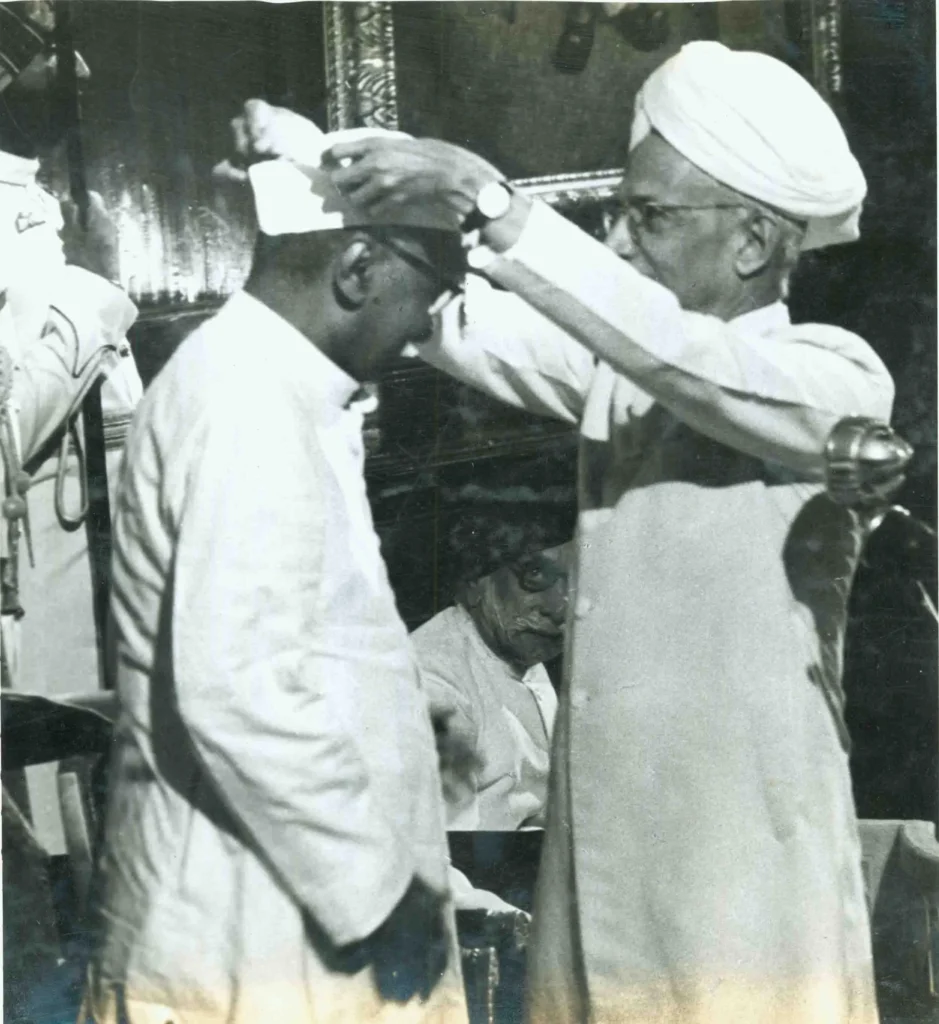
credit:wikipedia
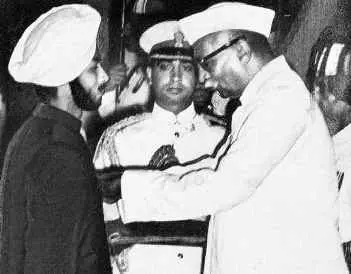
credit:wikipedia
Even as President, he lived a life of simplicity, often refusing luxuries and setting an example of moral leadership. The award was a tribute to his lifelong commitment to truth, service, and sacrifice.Dr. Rajendra Prasad was honored with the Padma Bhushan in 1962, the same year he was awarded the Bharat Ratna, recognizing his lifelong service to the nation.
What Changed After the Awards :
After receiving the Bharat Ratna in 1962, Dr. Rajendra Prasad gracefully retired from active politics but continued to influence India’s moral and cultural fabric. His post-award years were marked by simplicity, wisdom, and service:
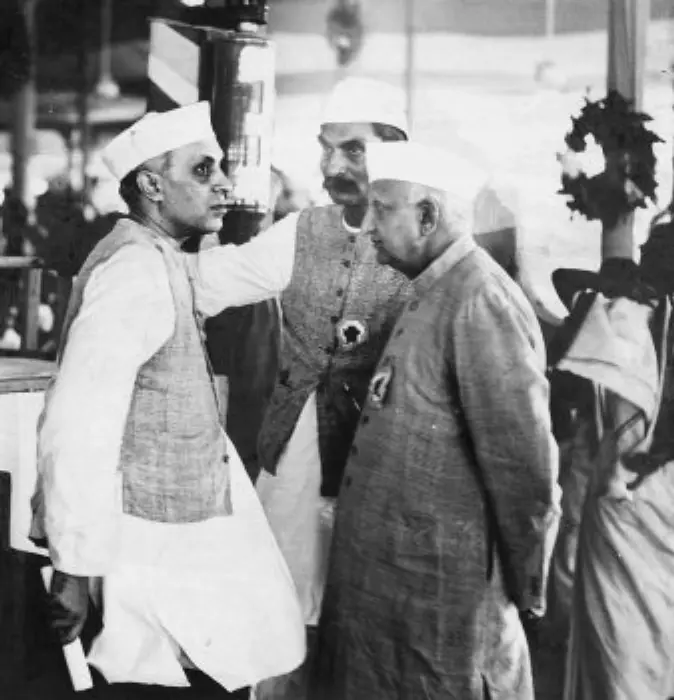
Rajendra Prasad (centre) at the AICC Session
crediit:wikipedia
- Focused on Writing – Authored his autobiography Atmakatha and books like India Divided and Bapu Ke Kadmon Mein.
- Return to Bihar – Moved back to Patna and lived a modest life away from political power.
- Advocated Education – Strongly promoted rural education and upliftment, emphasizing self-reliance for India’s villages.
- Symbol of Integrity – Became a moral guide for future leaders, admired for honesty and simplicity.
- Peaceful Retirement – Spent his final years in prayer, study, and guiding younger generations until his passing in 1963.
Yashgatha Takeways:
